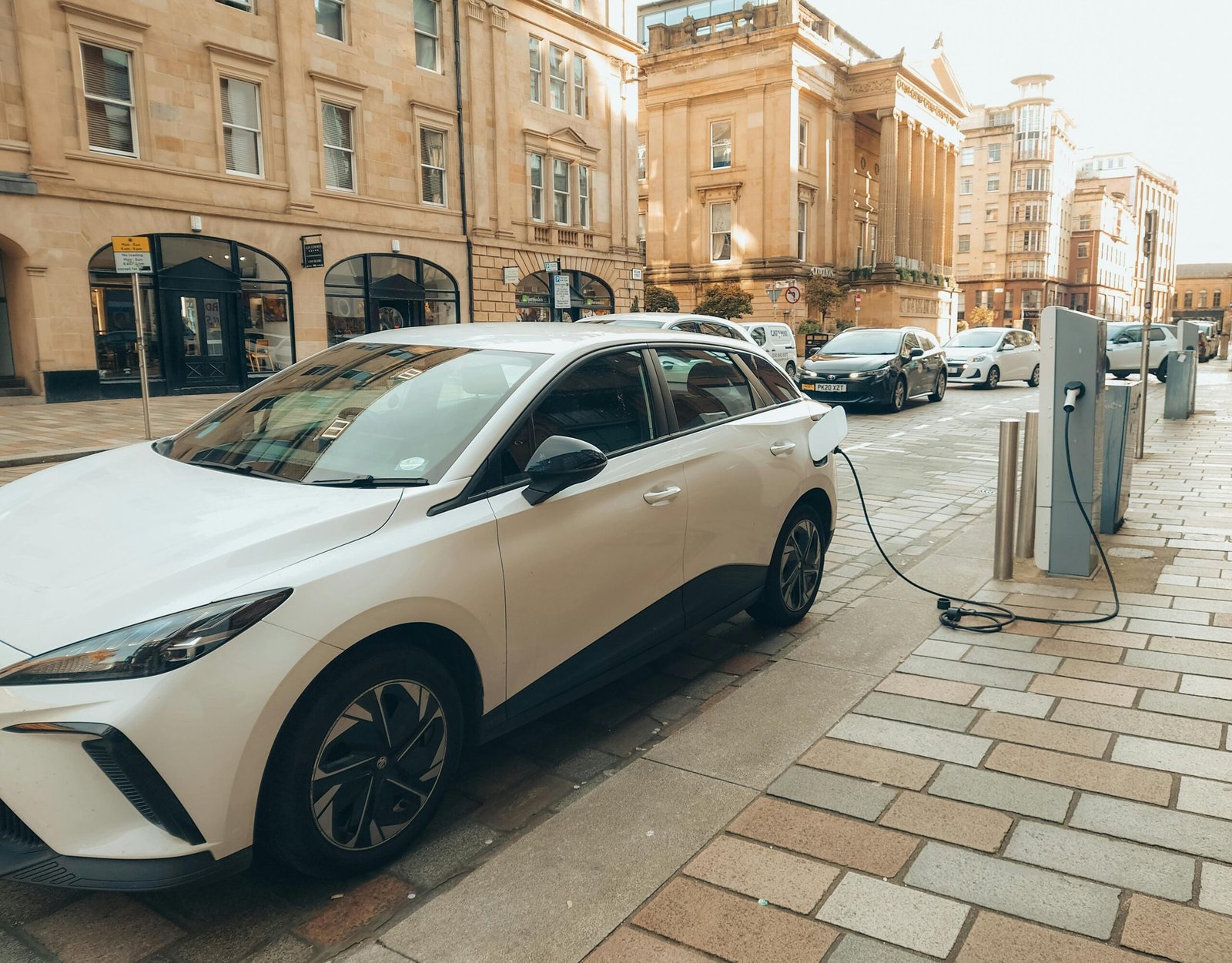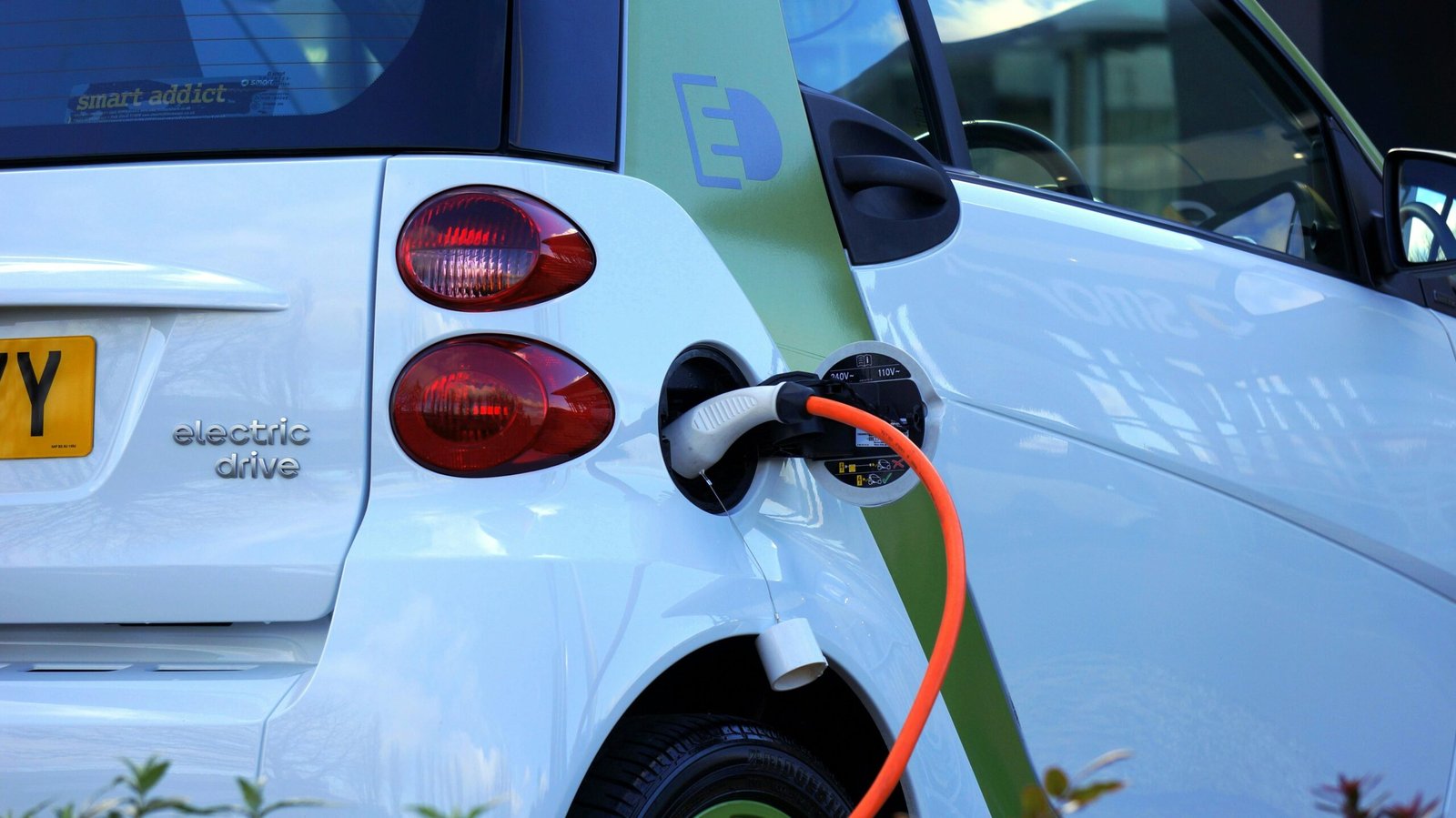Hybrid cars have steadily gained popularity in recent years, with more and more drivers considering them as an eco-friendly alternative to traditional gas-powered vehicles. But are hybrid cars really worth it? Before you make the switch, it’s important to weigh the pros and cons so you can make an informed decision. While hybrid vehicles promise impressive fuel efficiency and lower environmental impact, they might not be the best choice for everyone.
In this article, we’ll explore the pros and cons of hybrid cars to help you decide if a hybrid vehicle is the right choice for your lifestyle, driving habits, and budget.
What Is a Hybrid Car?
Before diving into the pros and cons, let’s define what a hybrid car actually is. A hybrid car uses a combination of an internal combustion engine (ICE) and one or more electric motors. These two power sources work together to provide better fuel efficiency and lower emissions than traditional gas-powered cars. Some common hybrid models include the Toyota Prius, Honda Insight, and Ford Escape Hybrid.
Pros of Hybrid Cars
- Improved Fuel Efficiency
One of the biggest draws of hybrid vehicles is their exceptional fuel efficiency. With a hybrid car, you can save money on fuel, especially if you do a lot of city driving, where hybrid engines tend to excel.
- How it works: The electric motor kicks in at low speeds, reducing the reliance on the gasoline engine. This is particularly helpful in stop-and-go traffic, which results in better fuel economy in urban areas.
- Example: The Toyota Prius, for instance, can achieve up to 58 MPG in the city and 53 MPG on the highway, which is a huge improvement over conventional vehicles.
Why it’s worth it: If you do a lot of driving around town or in traffic, you’ll see savings in gas costs over time, which can help offset the higher initial cost of the hybrid.
- Lower Environmental Impact
Hybrid cars are better for the environment compared to traditional gas-powered vehicles. Since they use less fuel and emit fewer greenhouse gases, they help reduce air pollution and lower your carbon footprint.
- Reduced Emissions: The electric motor in a hybrid car produces zero emissions during low-speed driving and helps the car run more efficiently.
- Eco-Friendly Materials: Many hybrid manufacturers are also turning to more sustainable materials and manufacturing processes.
Why it’s worth it: If environmental concerns are important to you, driving a hybrid vehicle is an excellent way to reduce your impact on the planet.
- Less Dependence on Fossil Fuels
With hybrid cars, you rely less on gasoline and more on electricity, which helps decrease your dependence on fossil fuels.
- Electric Motor Support: By using an electric motor alongside the gas engine, hybrid cars reduce the total amount of gasoline needed to power the vehicle.
- Potential for Energy Independence: In some cases, you can plug a hybrid vehicle into a home charging system to top off the battery, reducing your reliance on gas stations altogether.
Why it’s worth it: For those who want to reduce their fossil fuel consumption, driving a hybrid is a step in the right direction. This is especially beneficial in an age where we’re looking for more sustainable energy sources.
- Tax Incentives and Rebates
Many countries offer incentives to help offset the higher upfront cost of hybrid cars. These can include tax credits, rebates, and discounts at the time of purchase, making the investment more affordable.
- Government Incentives: In the U.S., hybrid vehicle owners may qualify for federal tax credits (up to $7,500 for certain models). Some states and local governments also offer additional incentives.
- Reduced Tolls and Fees: In some areas, hybrid cars may be exempt from congestion charges, toll fees, or parking restrictions.
Why it’s worth it: Tax breaks and rebates can significantly reduce the cost of buying a hybrid car, which can make it a more attractive financial option.
- Quiet Operation
Hybrid vehicles tend to operate much more quietly than traditional cars, especially at low speeds. Since the electric motor powers the car at lower speeds, you get a smoother, quieter ride.
- Reduced Noise Pollution: Hybrid cars produce less engine noise, which can be more enjoyable for both the driver and passengers.
- Better Driving Experience: The smooth transition between electric and gasoline power results in a more comfortable driving experience.
Why it’s worth it: If you enjoy a quieter, more serene driving experience, hybrids provide a peaceful alternative to gas-powered vehicles.
Cons of Hybrid Cars
- Higher Initial Cost
One of the biggest drawbacks of hybrid cars is their higher upfront cost. While hybrid vehicles are more affordable than electric cars, they still tend to cost more than traditional gas-powered vehicles due to the additional technology involved.
- Battery Technology: Hybrid cars feature a complex battery system that can increase manufacturing costs. The price of a hybrid can be thousands of dollars higher than the equivalent gasoline-powered model.
- Cost Comparison: For example, the Toyota Prius is typically more expensive than the standard Toyota Corolla due to the hybrid powertrain.
Why it might not be worth it: If you’re on a tight budget or don’t drive enough to see a significant reduction in fuel costs, the higher initial price may not justify the benefits of owning a hybrid.
- Battery Replacement Costs
While hybrid cars use both gasoline and electric power, they rely heavily on the battery to achieve optimal efficiency. Over time, hybrid batteries degrade and will need to be replaced. Battery replacement can be costly, with prices ranging from $2,000 to $6,000 depending on the vehicle.
- Battery Lifespan: On average, hybrid batteries can last anywhere from 8 to 10 years, depending on the make and model. However, after that, they may lose their efficiency and require replacement.
- Warranty: Many hybrid manufacturers offer warranties on the battery (often 8 years or more), but this doesn’t always protect you after the warranty period ends.
Why it might not be worth it: The potential for costly battery replacements can be a significant financial burden for hybrid owners, especially if the vehicle is out of warranty.
- Limited Electric Range
While hybrid cars can run on electricity alone for short distances, they still rely on a gasoline engine for longer trips. The electric-only range of a hybrid is usually limited to around 20 to 50 miles, depending on the model.
- Short Electric Range: This means that while hybrids can provide some electric-only driving, you’ll still need to use gasoline for longer distances, reducing the overall environmental benefits.
- Fuel Efficiency Fluctuations: When driving long distances or on highways, the fuel efficiency of a hybrid car may decrease, and you may not experience the same savings as you would in stop-and-go traffic.
Why it might not be worth it: If you’re looking for a completely electric driving experience or frequently make long-distance trips, a hybrid may not be the best choice.
- Not as Powerful as Traditional Vehicles
Hybrid vehicles, particularly those focused on fuel efficiency, may not offer the same level of power or acceleration as their gas-powered counterparts. If you’re someone who loves a more powerful driving experience, you may find hybrids a bit lacking.
- Power Limitations: Most hybrids are designed to prioritize fuel economy over performance, meaning they may not offer the same horsepower or torque as traditional gas engines.
- Sporty Models: While some hybrids (such as the Porsche Panamera Hybrid) do offer better performance, they typically come with a higher price tag.
Why it might not be worth it: If performance is a top priority for you, the hybrid may fall short compared to traditional gas-powered vehicles or performance-oriented electric cars.
- Limited Selection
Although the hybrid market has grown significantly in recent years, there are still fewer hybrid options available compared to traditional gas-powered cars. While you can find hybrids in popular models like sedans and SUVs, there are fewer choices for trucks or sports cars.
- Fewer Choices in Some Categories: For example, if you’re looking for a hybrid truck or a high-performance hybrid, you might have limited options.
- Model Availability: Certain hybrid models may only be available in certain countries or markets, restricting your options further.
Why it might not be worth it: If you have very specific needs or preferences in terms of vehicle style or features, you may struggle to find a hybrid that fits your exact criteria.
Conclusion: Are Hybrid Cars Really Worth It?
In 2025, hybrid cars offer many advantages, including excellent fuel efficiency, lower emissions, and reduced reliance on fossil fuels. However, they also come with some drawbacks, including higher initial costs, potential battery replacement expenses, and limited electric range.
Ultimately, whether a hybrid car is worth it depends on your driving habits, budget, and environmental priorities. If you drive mainly in the city and want to save on gas while reducing your carbon footprint, a hybrid could be a fantastic choice. However, if you’re concerned about the higher upfront cost or need a more powerful vehicle, a traditional gas-powered car might be a better fit.
FAQs
1. How long does a hybrid battery last?
Hybrid batteries typically last between 8 to 10 years, but this can vary depending on the make and model of the car.
2. Are hybrid cars more expensive to maintain?
Generally, hybrids can be more expensive to maintain, particularly when it comes to battery replacement. However, routine maintenance costs are similar to traditional gas-powered cars.
3. Can I drive a hybrid car without using gas?
You can drive a hybrid car without using gas for short distances when the electric motor is fully charged, but longer trips will require the use of gasoline.
4. Is a hybrid car worth it for city driving?
Yes, hybrids are great for city driving since they perform well in stop-and-go traffic, where the electric motor can take over and save on fuel.
5. What are the best hybrid cars for 2025?
Some of the top hybrid models for 2025 include the Toyota Prius, Honda Insight, Ford Escape Hybrid, and Toyota RAV4 Hybrid, each offering great fuel efficiency, comfort, and advanced features.




